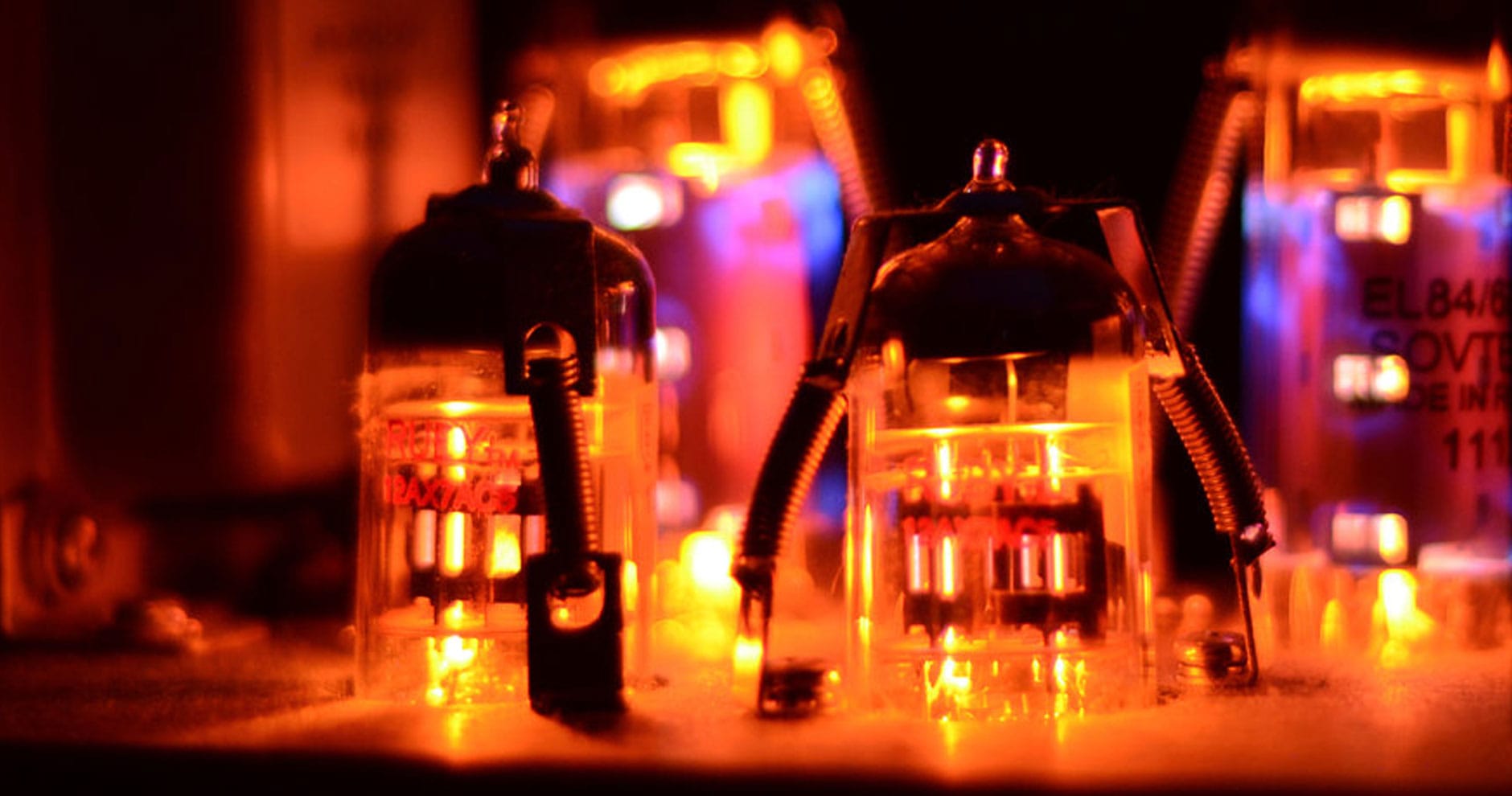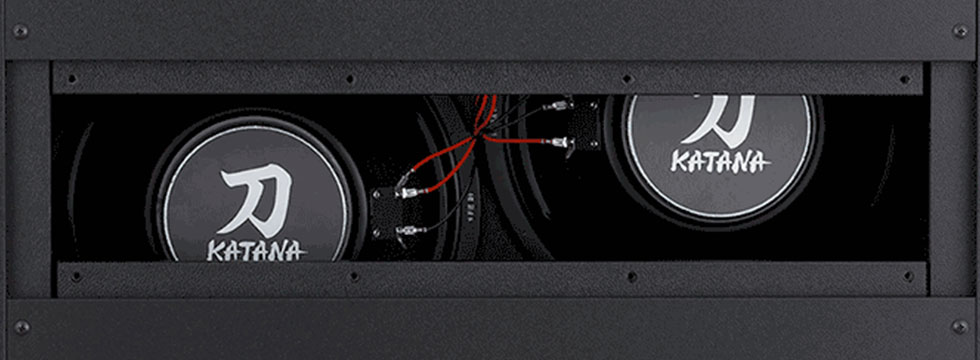Compression
Compression plays a huge role in the volume of an amp. It applies to both human hearing and the amplifier itself.
The type of signal passing through an amp has an effect on the perception of how loud it is. If it’s a clean signal, it may sound quieter than one with compression, gain or distortion.
Tube amps are naturally highly-compressed, therefore have an immediate one-up on solid state amps. They’re also quicker to break up and become distorted as you crank the volume. This signal contains a lot of content, meaning it pushes a speaker and consequentially the air, harder.

Human hearing, meanwhile, compresses high and low frequencies because our ears are only sensitive to a 20 Hz-200 kHz range. That’s part of the reason why we can stand a couple hundred metres from a jet taking off and we could hear ourselves clap.
Bass amps, in particular, require a higher wattage when compared to a guitar amp in order for us to hear it just as loud due to the low frequencies.
Speakers
The size, quality, quantity and impedance of a speaker has a huge effect on the volume of an amp.
First off, if you match the impedance of an amp with that of the speaker, the amp is able to deliver its full power. Mismatching is okay to a degree, but probably won’t sound as loud.
In general, the more you pay for a speaker, the louder it will be. An inexpensive 12” speaker is usually rated at about 94 dB. A mid-priced speaker upwards might be 97 or even 100 dB. That’s double the volume each step, contradictory to the obvious number shortages.

The same goes with amps – A 100W amp is only twice as loud as a 10W amp. And a 1000W amp is twice as loud as 100W. This might put the cost of high wattage amps into some perspective.
Other variables include projection and dispersion. The more speakers you have, the more air they’re pushing and the louder it is. But if you’re on an open stage, they won’t sound as loud as they do if you’re in a small, enclosed room. The reverberation helps to redirect the sound waves back at you rather than disperse into open air.
Wattage and Alternative Specs
There are so many factors that affect the volume of an amp or speaker, and that’s the main crux. Wattage is a nice tidy number but it isn’t wholly reliable. Pay attention to all the specs if you’re after a perfect amplifier solution.
Make sure you compare the RMS wattage of speakers instead of peak power when making a purchase. Speaker decibel sensitivity is important, but not always readily available.
A valve amp will be naturally louder than its solid-state counterpart due to compression. Solid state amps may will require twice as many watts to be perceived on the same level.
And finally, the venues you play will also make a difference to what you need. An open space requires more power to deliver loud volume, while enclosed spaces don’t need a huge speaker cabinet – especially if there’s a PA system.
If you enjoyed this read, check out more of our Learn articles.





Responses & Questions